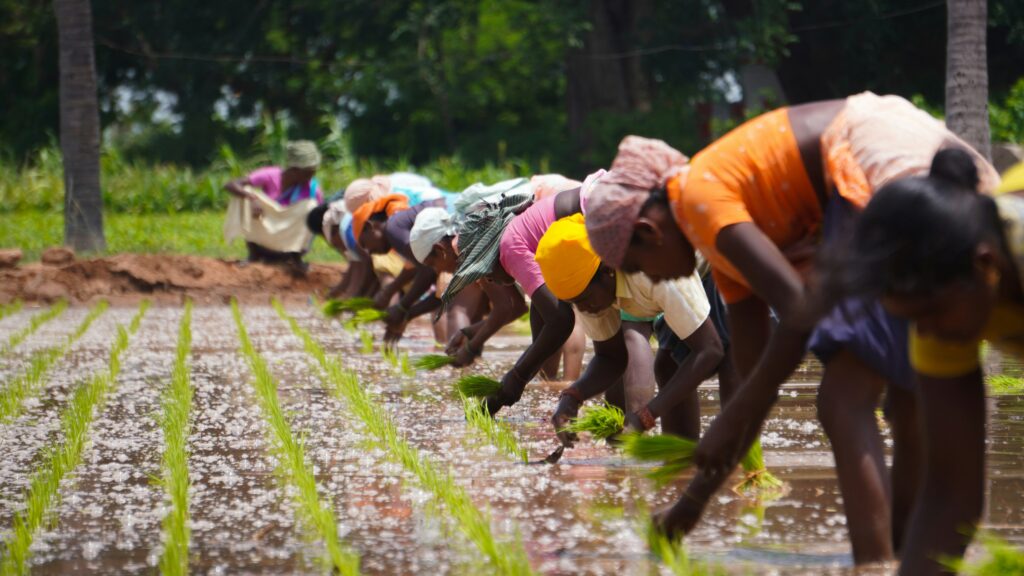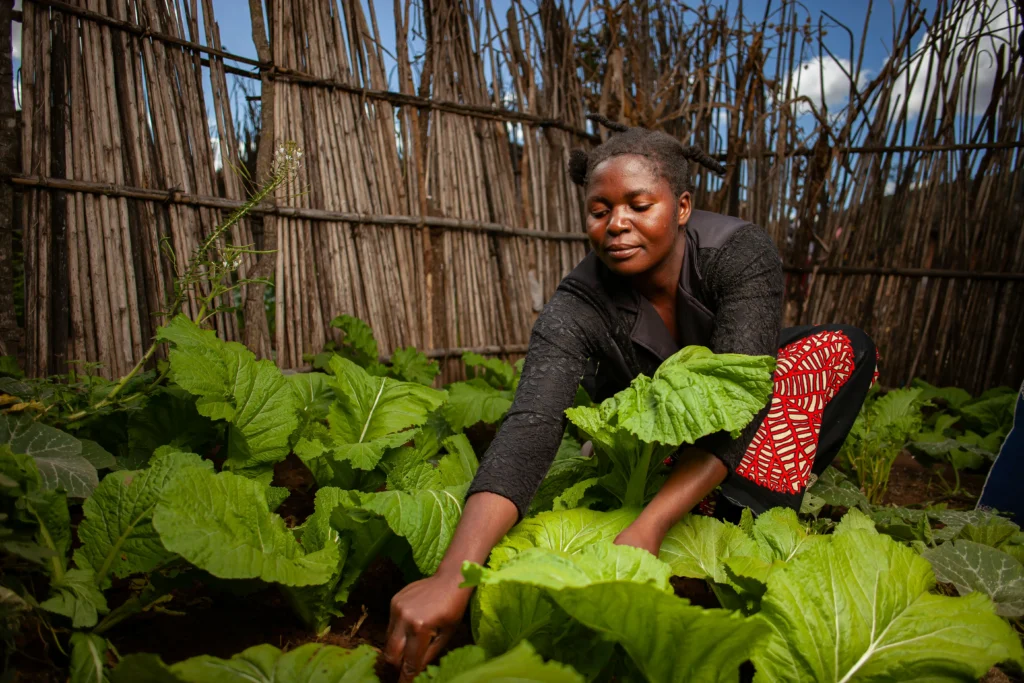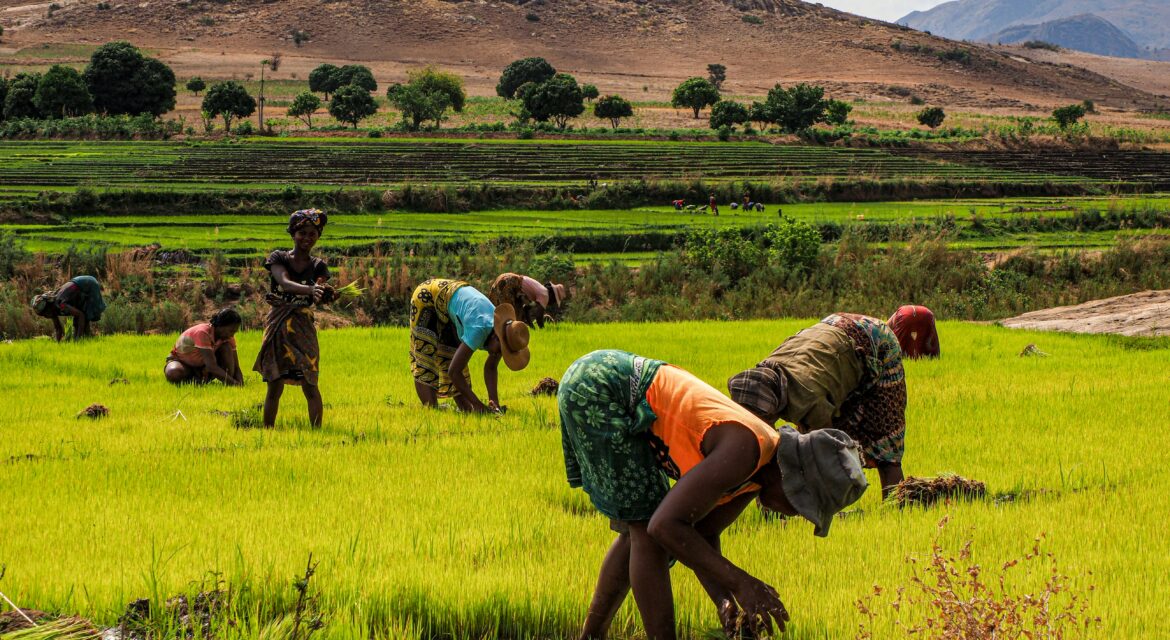In Africa, agriculture is more than just a source of income, it is a vital lifeline for the continent. Across the region, women account for roughly half of the agricultural workforce, a role that is often overlooked but critically important. They grow, harvest, sell, and feed large communities as well as their own families. Despite their major contributions, women face many obstacles that limit their growth. Enabling their full participation in agriculture is not only fair, but essential for long term food security in Africa.
In many African countries, women contribute between 60 to 80% of overall food production. They manage small plots, care for livestock, and sell food at markets. In rural areas, women are often the ones ensuring that households have enough to eat. Yet, despite doing much of the agricultural work, they are frequently overlooked and lack land rights, training, and proper access to tools and funding. Even though the continent depends heavily on them, they receive little to no investment.

While African women are adapting to climate change and feeding their communities, they face steep challenges. In many countries like Tanzania, Uganda, Botswana, and Ghana, women do have legal rights to own and inherit land. However, customary systems often sideline them in practice even when they are the ones doing the farming. Without land titles, they are frequently denied access to loans and financial investments. Agricultural education and extension services tend to primarily serve men, leaving women without crucial training. Additionally, women farmers rarely have access to modern farming equipment and necessary supplies.
These challenges are especially troubling as climate change increases stress on agriculture. Droughts, floods, and unpredictable weather are making farming more difficult across the world. Without proper support for women, these problems are likely to worsen.
Despite these challenges, women have proven to be some of the most innovative farmers. Many are already using sustainable, low-cost strategies to protect soil health, conserve water, and grow a diverse range of crops. Their knowledge, when paired with climate-smart tools, can positively impact agricultural adaptation.

Food security means more than just growing more crops, it means ensuring everyone has access to safe, clean, and affordable food. Women play a central role in achieving this across Africa. When women farmers receive the same support as men, their food output and productivity can increase by 20 to 30%, according to UN Women. This increase would not only feed millions more people but also help lift entire communities out of poverty.
To build a more sustainable and secure future, policies and programs must be centered on women, as a key to agricultural progress in Africa. This includes guaranteeing land rights and legal protections for women farmers across the continent, expanding access to training, ensuring women have access to loans, tools, and technologies, and promoting leadership and entrepreneurship among rural women.
When women are empowered to farm independently, the entire agricultural system becomes stronger, the continent is better nourished, and African communities are strengthened.
Women are not just a component of African agriculture, they are essential to it. They are the foundation of stability and leaders in the fight against climate change. If Africa wants to establish a sustainable, food secure future investing in women farmers is a must.


